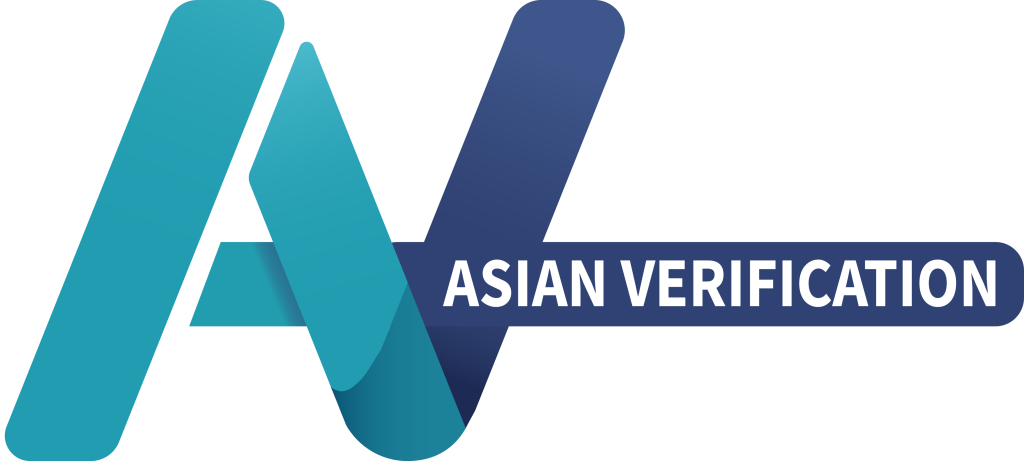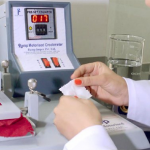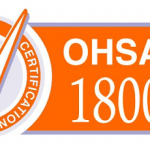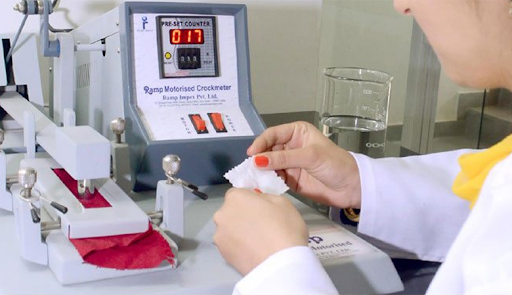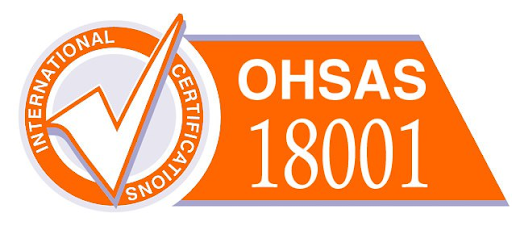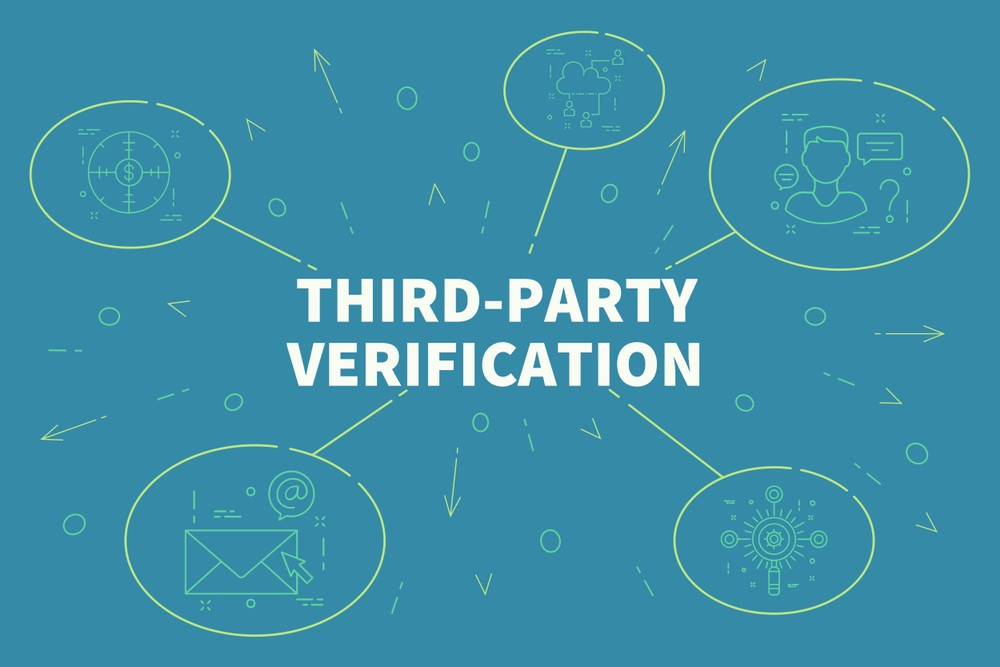
Introduction:
In the competitive world of textile and apparel, building trust and credibility is essential for businesses to succeed. Consumers are increasingly demanding transparency, sustainability, and quality assurance in th樂威壯
e products they purchase. The 3rd party inspection verification plays a vital role in establishing trust and credibility by independently assessing and validating various aspects of a company’s operations. In this blog post, we will explore the significance of third-party verification in the textile and apparel industry and how it can benefit businesses in achieving trust, compliance, and meeting consumer expectations.
Enhancing Trust and Credibility
Independent Validation:
Third-party verification involves engaging an external organization or certification body to assess and validate a company’s claims or practices. This independent validation adds credibility and transparency, as it provides an unbiased assessment of a company’s performance.
Consumer Confidence:
Third-party verification assures consumers that the claims made by a company regarding sustainability, ethical practices, or product quality are backed by objective and reliable evidence. This instils confidence in consumers, making them more likely to choose products from verified businesses.
Mitigating Greenwashing:
Greenwashing, the practice of making false or misleading environmental claims, is a significant concern in the textile and apparel industry. Third-party verification helps businesses differentiate themselves from greenwashing competitors by providing verified evidence of their sustainable practices. This fosters trust among consumers and protects the integrity of the industry.
By undergoing third-party verification, textile and apparel businesses can enhance trust and credibility, gaining a competitive edge in the market.

Ensuring Compliance with Industry Standards
Meeting Regulatory Requirements:
The textile and apparel industry is subject to numerous regulations and standards related to product safety, quality, and environmental impact. Third-party verification ensures that businesses meet these regulatory requirements, mitigating the risk of non-compliance and associated penalties.
Adherence to International Standards:
Third-party verification often involves assessing a company’s compliance with international standards such as ISO 9001 (Quality Management Systems), ISO 14001 (Environmental Management Systems), or GOTS (Global Organic Textile Standard). Meeting these standards demonstrates a commitment to quality, sustainability, and responsible practices, enhancing a company’s reputation and market acceptance.
Supply Chain Transparency:
Third-party verification assesses the transparency and integrity of a company’s supply chain. It verifies that suppliers and subcontractors adhere to ethical labor practices, social responsibility, and environmental standards. This helps businesses build a responsible and sustainable supply chain, reducing reputational risks and ensuring compliance throughout the production process.

By undergoing third-party verification, textile and apparel businesses can demonstrate their commitment to compliance, responsible practices, and meeting industry standards.
Meeting Consumer Expectations
Sustainability and Social Responsibility:
Consumers today prioritize sustainability and social responsibility when making purchasing decisions. Third-party verification allows businesses to provide credible evidence of their sustainable practices, such as using organic materials, reducing carbon footprint, or supporting fair trade. This aligns with consumer expectations, leading to increased customer loyalty and market share.
Quality Assurance:
Third-party verification of product quality ensures that businesses deliver textiles and apparel that meet or exceed industry standards. This enhances customer satisfaction and builds long-term relationships with consumers who value reliable and high-quality products.
Transparent and Traceable Supply Chains:
With growing concerns about supply chain transparency, consumers are increasingly interested in knowing the origins of the products they purchase. Third-party verification validates the transparency and traceability of supply chains, assuring consumers that the products they buy are ethically sourced and manufactured.
By embracing third-party verification, textile and apparel businesses can meet consumer expectations for sustainability, quality, and transparency, gaining a competitive advantage in the marketplace.

Conclusion
Third-party verification is a powerful tool for textile and apparel businesses to achieve trust, credibility, and compliance with industry standards. By undergoing independent assessments, businesses can enhance consumer trust, ensure regulatory compliance, and meet evolving consumer expectations for sustainability and transparency. Incorporating third-party verification into business practices not only benefits companies but also contributes to a more responsible and trustworthy textile and apparel industry.
FAQs(Frequently Ask Questions)
Q1: How can third-party verification benefit small textile and apparel businesses?
A1: Third-party verification provides small businesses with an opportunity to demonstrate their commitment to sustainability, compliance, and quality. It helps level the playing field by allowing them to showcase independently verified practices, gaining consumer trust and credibility. Additionally, third-party verification can assist small businesses in identifying areas for improvement and implementing best practices, driving their growth and competitiveness.
Q2: What are some widely recognized third-party certifications in the textile and apparel industry?
A2: In the textile and apparel industry, some widely recognized third-party certifications include the Global Organic Textile Standard (GOTS) for organic textiles, OEKO-TEX® Standard 100 for product safety, Fair Trade Certification for social and labor practices, and Bluesign® for environmentally friendly and safe production. These certifications provide assurance to consumers and stakeholders regarding specific aspects of a company’s operations.
Q3: How can businesses select a reputable third-party verification organization?
A3: When selecting a third-party verification organization, businesses should consider factors such as the organization’s accreditation, experience in the industry, reputation, and the specific services they offer. Choosing an organization that aligns with the business’s goals, sector, and desired certifications is important. Researching and seeking recommendations from industry peers can help businesses identify reputable third-party verification organizations.

